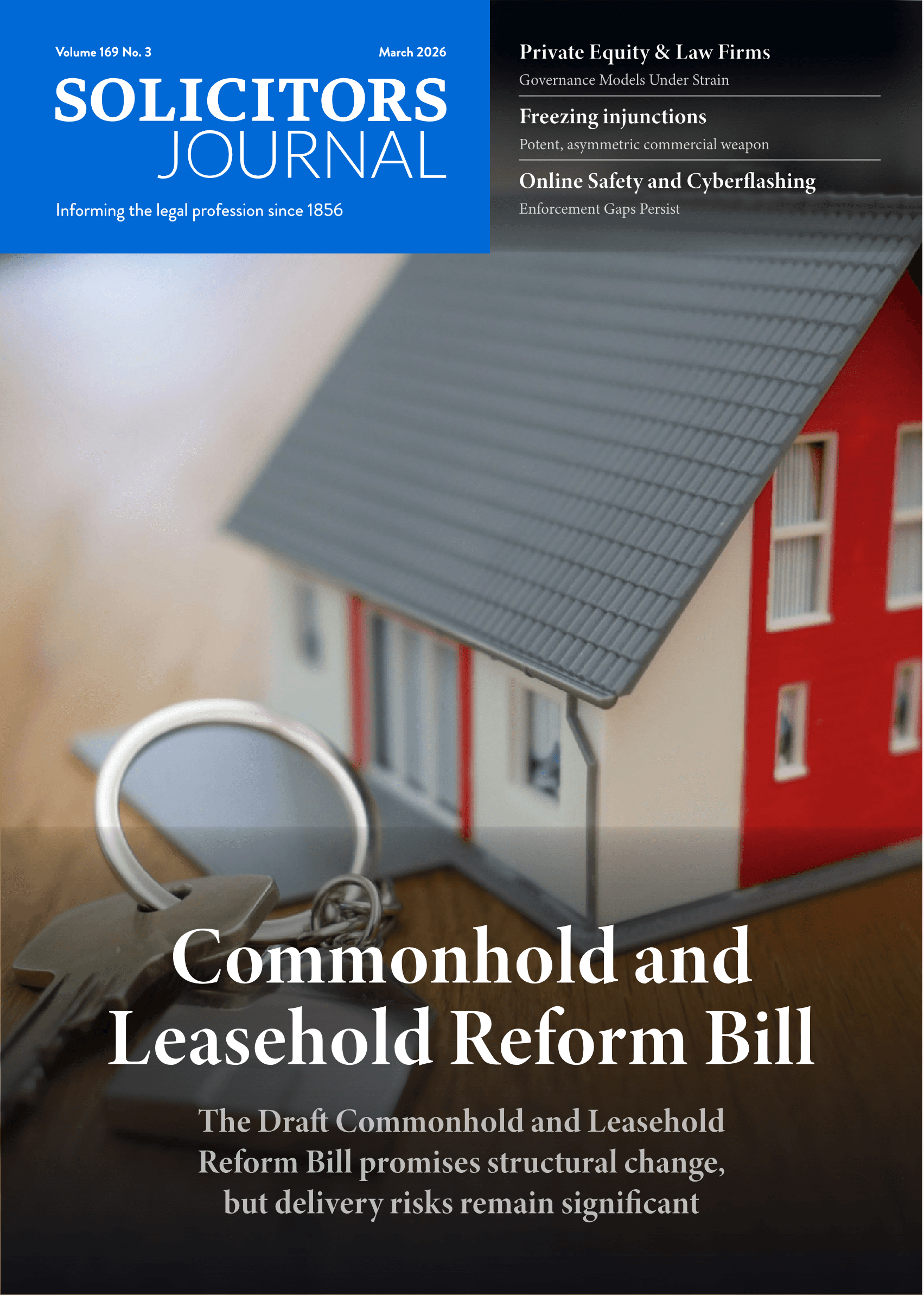Lurking in wait

A stamp duty and inheritance tax trap lies in wait for the unaware parent who wants to fund their child's property purchase
As house prices have reached values that a large number of first time buyers cannot afford, it has become increasingly common for parents and grandparents to assist by paying the deposit or contributing to the overall purchase cost of a property. This sort of assistance must be considered carefully and should be undertaken with caution.
The introduction of the additional three per cent SDLT (stamp duty land tax) surcharge that applies to all property purchases from 1 April 2016, changes the rate of SDLT payable if the person buying the property already owns residential property in the UK with a value of over £40,000.
Unnecessary tax
In circumstances where a parent for example may prefer to secure any financial assistance by adding their name to the property register rather than making an outright gift of funds,
the SDLT payable will be increased by an additional three per cent if the parent or grandparent already owns their own home.
In order to avoid this, parents and grandparents should consider asking the child or grandchild to enter into a declaration of trust. Similar to a loan, this straightforward document can make provision in writing for any sums provided by the parent or grandparent to be returned to them on the eventual sale or transfer of the property, or on any other trigger event as suits the circumstances.
This is a useful form of protection where a young couple may be setting up a home together and there is concern that the relationship may not last. The declaration of trust allows only the occupiers of the property to purchase the property, but is a reasonable and inexpensive means of safeguarding funds which may otherwise leave the family if the relationship turns sour. As the circumstances change and the young couples' relationship progresses, the declaration of trust can be altered or removed entirely.
It therefore offers a flexible method of protecting the funds without leading to a significant increase in SDLT. In addition to a saving on SDLT, this option also saves the parents or grandparents from a potential capital gains tax liability, which might be incurred if their name was on the title register.
Two birds, one stone
In circumstances where there is less concern about the protection of assets and where there is a greater surplus of capital and income, neither a loan or a declaration of trust may be appropriate.
Instead, it may be better for the parents or grandparents to make an outright gift of funds or assets. For inheritance tax purposes, lifetime gifts (potentially exempt transfers (PETs)) made seven years prior to the date of death can be an effective means of reducing the value of a persons' estate.
Where it is clear that inheritance tax is going to be payable and there are sufficient assets in place to cover the potential costs of a home, nursing care or medical treatment, outright gifts can reduce the inheritance tax bill and provide the younger generation with the financial support they may need when they actually need it. Undone by mortality
However, caution must again be taken. If the parent or grandparent dies within seven years of the date on which the gift was made, there may be an inheritance tax liability which, unless expressly dealt with in the will, falls to the recipient of the gift to pay within six months of the date of death and is thereafter subject to interest.
Unless provision is made to cover the potential inheritance tax on this failed PET (by an insurance policy or by other means referred to in the will) the child or grandchild could find themselves having to sell the property their parent or grandparent helped them to buy, in order to cover the inheritance tax which has fallen due as a result.
Any gifts or loans made during your lifetime should be well documented to show how much was given, whether by way of a loan or a gift, to whom, and on what date.
Payments made out of and into a joint bank account should state whether they have been made jointly by the joint account holder and for the benefit of either one or both of the receiving joint account holders.
Such records are important to enable your executors to calculate how much of the nil rate band remains available on your death.
Lucie Sleeman is a partner as Bircham Dyson Bell

